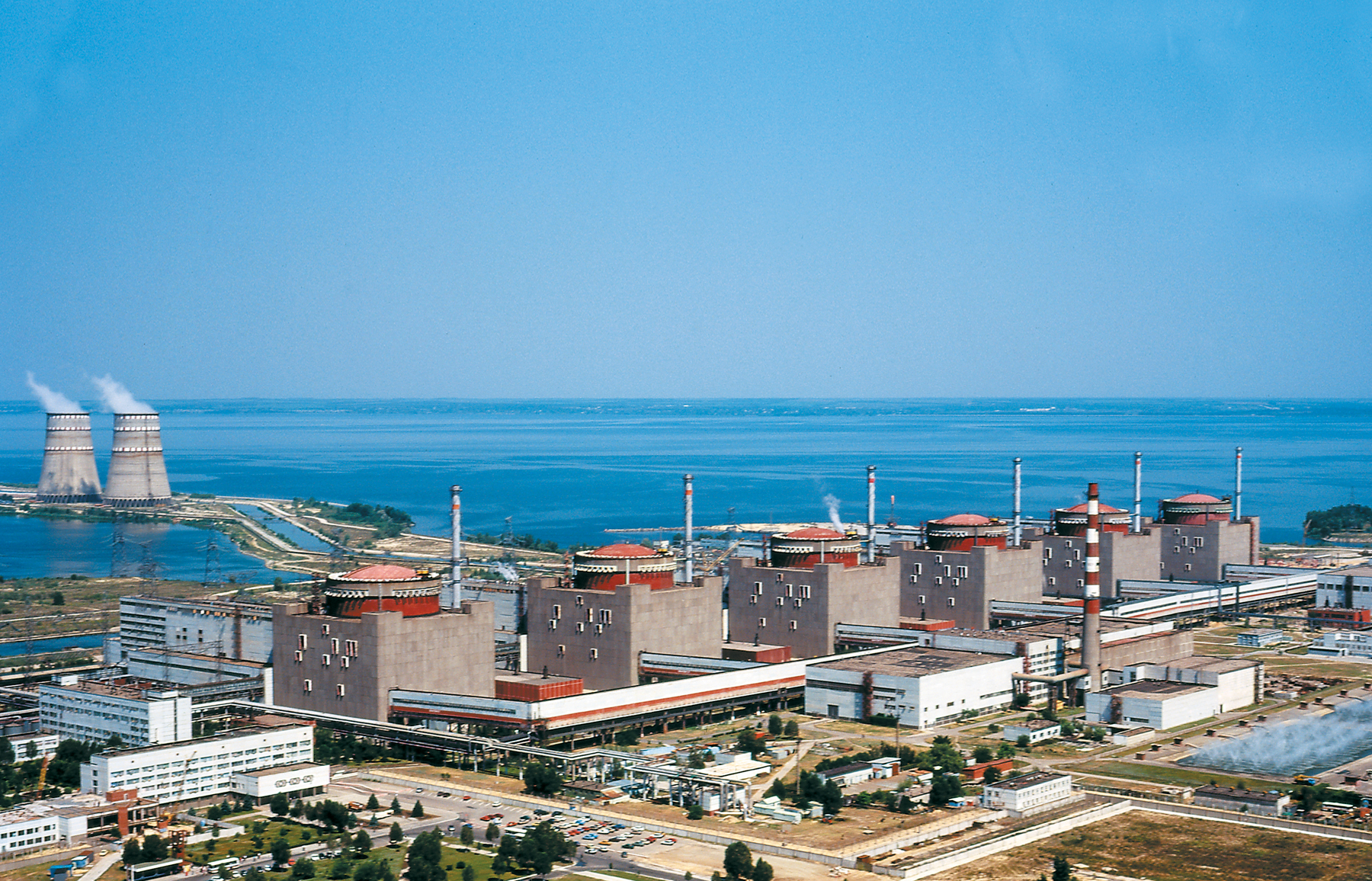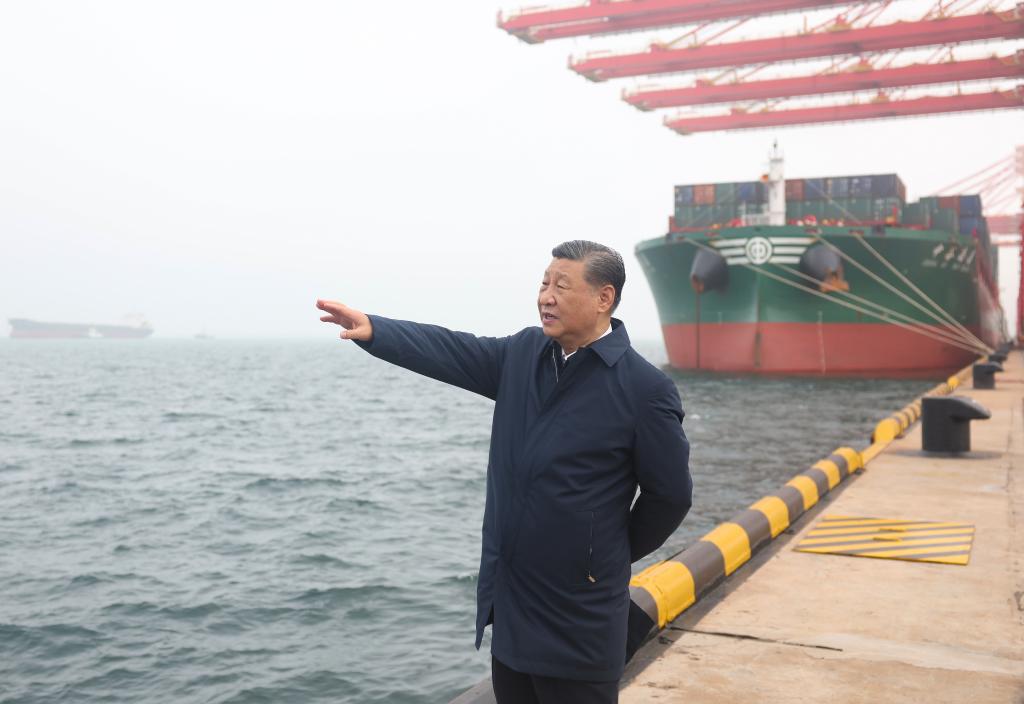UKRAINE GETS REPRIEVE FROM RUSSIAN TRADE TAX.
UKRAINE GETS REPRIEVE FROM RUSSIAN TRADE TAX.
Russian and Ukrainian delegations headed by Economics Minister Yevgeny Yasin and Deputy Prime Minister Viktor Pinzenik, respectively, agreed after two days of talks in Moscow on a one-month deferral of Russia’s newly introduced value-added tax on Ukrainian imports. The sides will use the deferral to try to work out a more durable solution. However, they did not agree on lifting Russian import quotas on certain categories of Ukrainian goods, including alcoholic beverages, sugar, and some types of electrical equipment, all of which are major Ukrainian exports to Russia. Following the talks, Yasin defended Moscow’s measures as aimed to increase budget revenue and protect Russian producers. Yasin suggested that the sides use the one-month suspension of the Russian VAT in order to agree on either Kiev taxing its own exports or on Ukraine’s accession to the CIS customs union. (Interfax-Ukraine, UNIAN, August 31 and September 2)
Russian president Boris Yeltsin, in a protectionist move hurting Ukraine, last month imposed a heavy VAT on Ukrainian goods by decree effective September 1. Prime Minister Viktor Chernomyrdin, in talks with his Ukrainian counterpart Pavlo Lazarenko in Moscow last week, would not agree to lifting the tax but consented to further talks at government level, which were held almost immediately afterward. The VAT issue remains essentially unresolved for now, as does that of the Russian import quotas. Ukraine has been complaining in vain for nearly one year that the import quotas practically nullify the Russian-Ukrainian free trade agreement. In addition to damaging Ukrainian producers, these measures also impair Ukraine’s ability to reduce its arrears for Russian fuel deliveries.
Russia Eases Some Border Restrictions on Azerbaijan.


